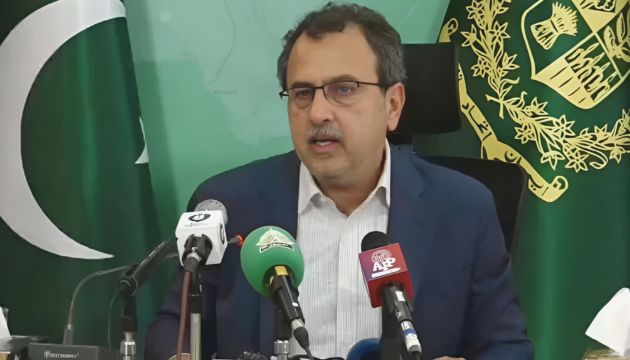ISLAMABAD: Federal Minister for Energy Awais Leghari stated that within one to two months, the government will deliver good news regarding IPPs, signaling progress for Pakistan as work on this issue is currently underway.
Addressing the youth convention in Islamabad on Tuesday, the federal minister said that there is a dire need for reforms in the energy sector in Pakistan.
He emphasized the need to generate 29,000 megawatts of electricity and noted steps being taken to overcome the energy crisis.
The federal minister stressed that reforms in the energy sector are inevitable. If two hours of loadshedding are tolerated, there will be a benefit of 50 billion. There is no doubt that Pakistan is providing the most expensive electricity in the region. Due to the dollar, the capacity payment has increased to 18 rupees.
Federal Minister for Energy Awais Leghari said, “In one to two months, the government will give such good news regarding IPPs that the people and the industrialists will all benefit. Pakistan will move towards improvement, and work is being done on this matter.”
Various organizations, including the government and secret services, are working together on this and will soon yield results on IPPs. He mentioned that there was a very open discussion about IPPs in the country, which also benefited the government.
“Such statements were made that cannot be denied by the ministry, and we also benefited from them,” Awais Khan Leghari said, noting that a task force related to IPPs has been formed, and the nation will receive good news in this regard in the next one to two months.
The Federal Minister further explained that the Government of Pakistan has entered into international agreements with the IPPs, which are crucial to follow.
He further stated that power is being provided to industries in the country at a low cost, with the burden borne by the federal government. The minister also highlighted that due to expensive electricity, industries are closing down in the country.
Awais Leghari added that low-income consumers are provided with cheap electricity, with the burden borne by other consumers.











